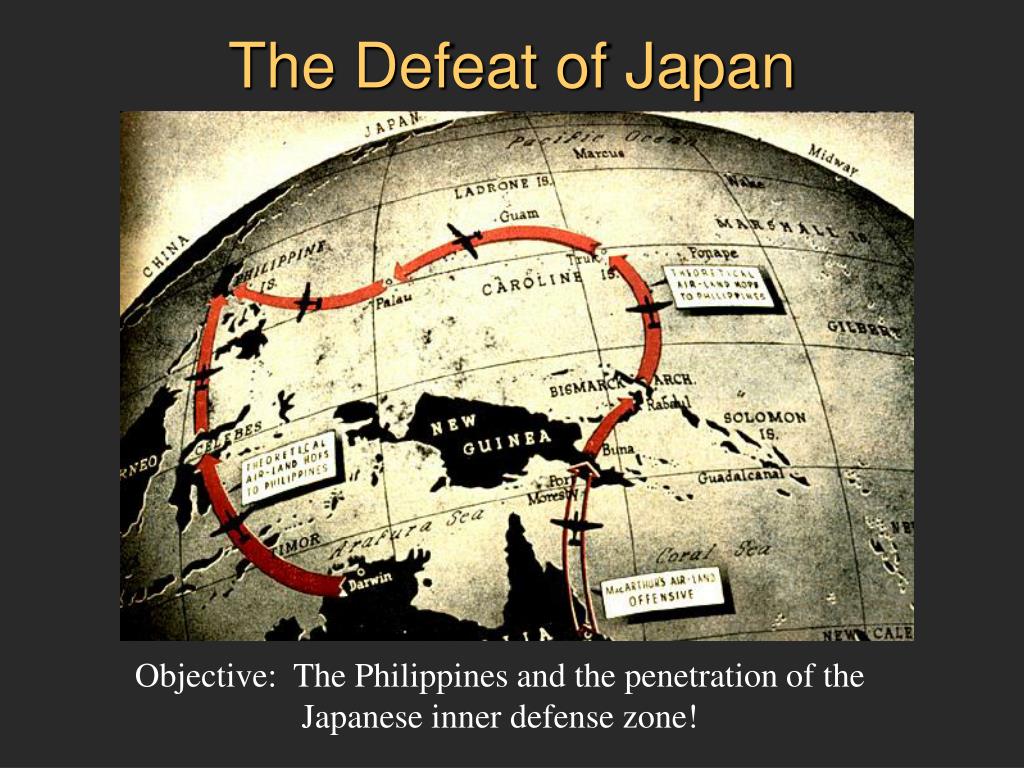
The treaty obligates Japan and the United States to assist each other if there's an armed attack in territories administered by Japan. is also prohibited from exerting any power on domestic issues within Japan. is required to pre-inform Japan of any mobilization by the U.S. On 19 January 1960, the amended Treaty of Mutual Cooperation and Security between the United States and Japan corrected the unequal status of Japan in the 1951 treaty by adding mutual defense obligations. Air Force, announced on 6 January 1955 that 85 aircraft would be turned over to the fledgling Japanese air force on about 15 January, the first equipment of the new force. The enabling legislation for this was the 1954 Self-Defense Forces Act (Act No. General Keizō Hayashi was appointed the first Chairman of the Joint Staff Council-professional head of the three branches. On 1 July 1954, the National Security Board was reorganized as the Defense Agency, and the National Security Force was reorganized afterwards as the Japan Ground Self-Defense Force ( de facto post-war Japanese Army), the Coastal Safety Force was reorganized as the Japan Maritime Self-Defense Force ( de facto post-war Japanese Navy), and the Japan Air Self-Defense Force ( de facto post-war Japanese Air Force) was established as a new branch of JSDF. Under Article 9 of the 1947 constitution, which was written by Prime Minister Kijūrō Shidehara under the supervision of the SCAP, Japan forever renounces war as an instrument for settling international disputes and declares that Japan will never again maintain "land, sea, or air forces or another war potential." Later cabinets interpreted these provisions as not denying the nation the inherent right to self-defense and, with the encouragement of the United States, developed the JSDF step by step. The right of belligerency of the state will not be recognized. (2) In order to accomplish the aim of the preceding paragraph, land, sea, and air forces, as well as another war potential, will never be maintained.

(1) Aspiring sincerely to an international peace based on justice and order, the Japanese people forever renounce war as a sovereign right of the nation and the threat or use of force as means of settling international disputes. In 1952, the Coastal Safety Force ( 海上警備隊, Kaijō Keibitai), the waterborne counterpart of NPR, was also founded. Encouraged by the American occupation authorities, the Japanese government in July 1950 authorized the establishment of a National Police Reserve ( 警察予備隊, Keisatsu-yobitai), consisting of 75,000 men equipped with light infantry weapons.

This left Japan mostly defenseless, vulnerable, and very much aware of the need to enter a mutual defense relationship with the United States to guarantee the nation's external security. These sentiments were intensified in 1950 as occupation troops began to be moved to the Korean War (1950–53) theater.

Rising tensions in Europe and Asia due to the Cold War, coupled with leftist-inspired strikes and demonstrations in Japan, prompted some conservative leaders to question the unilateral renunciation of all military capabilities. forces and only had a minor domestic police force on which to rely for domestic security and crime. Japan was deprived of any military capability after being defeated by the Allies in World War II and was forced to sign a surrender agreement presented by General Douglas MacArthur in 1945. Since 2010, the JSDF has refocused from countering the former Soviet Union to the People's Republic of China increased military cooperation with Australia, India, Taiwan, South Korea, Singapore, the United Kingdom, and the United States and acquired new or updated equipment and hardware. Tensions with North Korea have reignited debate over the status of the JSDF and its relationship to Japanese society. In recent years, the JSDF has engaged in international peacekeeping operations with the United Nations. They are controlled by the Ministry of Defense, with the Prime Minister as commander-in-chief.

The self-defence forces consists of the Japan Ground Self-Defense Force, the Japan Maritime Self-Defense Force, and the Japan Air Self-Defense Force. The Japan Self-Defense Forces ( Japanese: 自衛隊, romanized: Jieitai abbreviated JSDF), also known as the Japanese Armed Forces, are the unified military forces of Japan established in 1954.


 0 kommentar(er)
0 kommentar(er)
